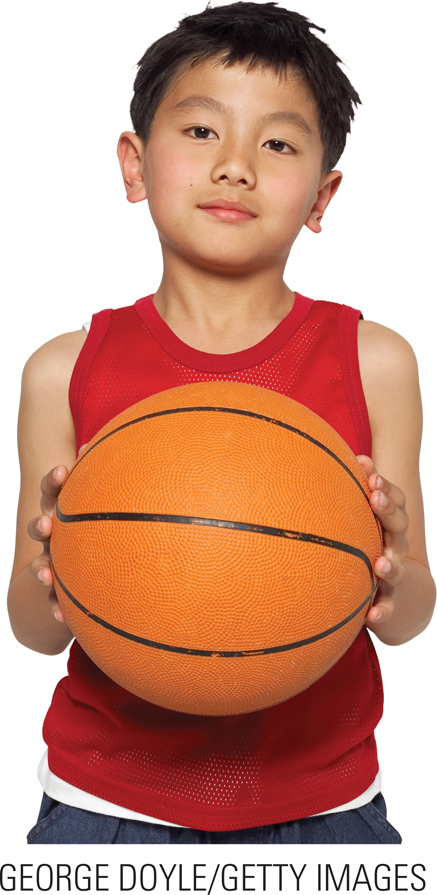Chapter Introduction
|
CHAPTER 12 Middle Childhood: Cognitive Development |

|

Page 377
What Will You Know?
|
|
At age 9, I wanted a puppy. My parents said no; we already had Dusty, our family dog. I dashed off a poem, promising “to brush his hair as smooth as silk” and “to feed him milk.” Twice wrong. Not only poor cadence, but also, puppies get sick on cow’s milk. But my father praised my poem; I got Taffy, a blonde cocker spaniel.
At age 10, my daughter Sarah wanted her ears pierced. I said no, it would be unfair to her three older sisters, who had had to wait for ear piercing until they were teenagers. Sarah wrote an affidavit and persuaded all three to sign “No objection.” She got gold posts.
Our wishes differed by cohort and our strategies by family. Sarah knew I wouldn’t budge for doggerel but that signed documents might work. In the end, we were both typical school-
This chapter describes the cognitive accomplishments that make all that possible. We begin with Piaget, Vygotsky, and information processing. Then we discuss applications of those theories to language and formal education, nationally and internationally. Everyone agrees that extensive learning occurs; adults disagree sharply about how best to teach.